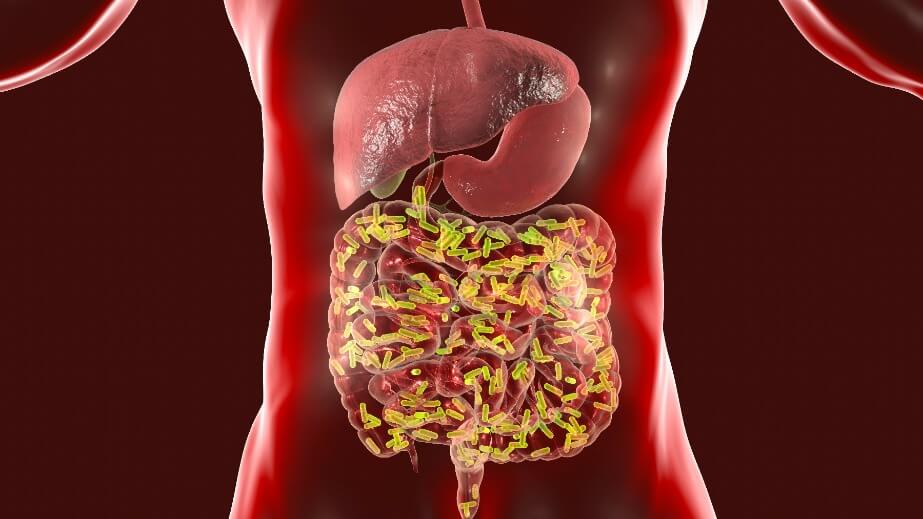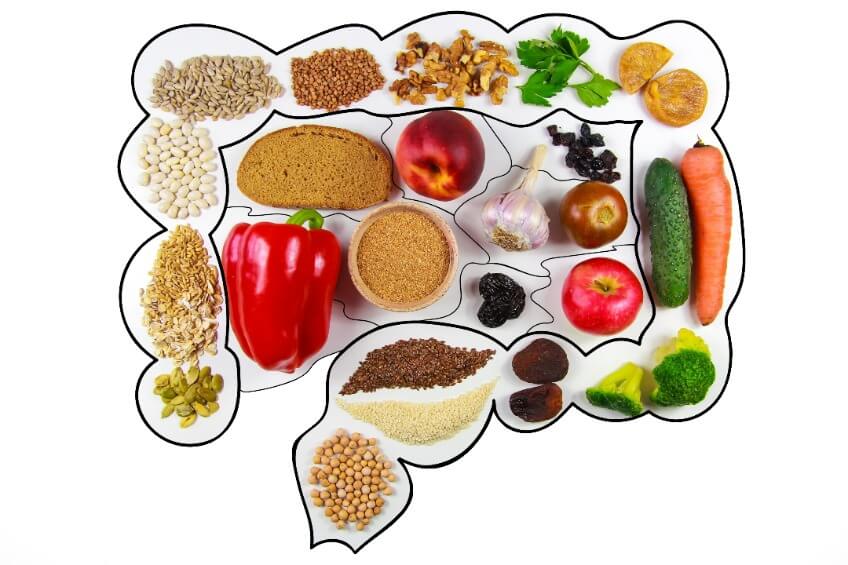At CentreSpring MD, we take a more holistic approach to weight loss – one that factors in gut health, hormones, inflammation, nutritional deficiencies and elevated blood sugar. Integrating these factors can not only kickstart your weight loss efforts but can also lead to successful long-term weight management.
What Is Holistic Weight Loss?
Traditional weight loss plans typically involve a combination of exercise and restricting calories. Although this can lead to results, your body can perceive itself as starving. It therefore holds onto fat, slows down your metabolism and super-charges hormones that tell you you’re feeling hungry. In turn, you start to eat more to quell this sensation.
Holistic weight loss looks beyond this picture, instead factoring in your body’s various systems, as well as your emotional and mental health. This comprehensive perspective takes many things into account, including your medical history, age, hormones and lifestyle factors like stress, anxiety and poor sleep. This helps strengthen the mind-body connection and fully explore what’s blocking your progress. Additionally, this approach attempts to identify the source of excess or stubborn weight – for instance, an underlying health issue related to inflammation or a hormonal imbalance.

CentreSpring MD’s approach to holistic weight loss involves input from nutritionists, registered dieticians and health coaches to support you toward your goals. In the process, we start from a foundation rooted in Western medicine and expand it to develop more personalized plans based on integrative, Ayurvedic and Chinese medicine techniques.
The Relationship Between Gut Health and Weight Loss
The body of knowledge around gut health and weight loss continues to grow. Studies show a relationship between the gut microbiome – or the bacteria inside your digestive tract – and your overall health, including obesity, inflammatory conditions and your body’s ability to lose weight. Along with what you eat, genetics can also play a role in your gut health, influencing the rate at which gut bacteria grow and multiply.
In terms of your health, these bacteria assist with breaking down your food, allowing nutrients to pass into the blood and helping the body eliminate waste. An imbalance of certain types can affect how your body allocates and utilizes nutrients and gets rid of waste, and can contribute to inflammation.

What About Hormones and Weight Loss?
Holistic weight loss doesn’t just factor in gut bacteria – hormones also play a role. Hormones help relay signals throughout your body. These signals can tell your brain that you’re hungry or full, and they influence your metabolism and how your body stores fat. An increase in weight or difficulty shedding pounds can be caused by a combination of the following factors:
- Insulin: Generated by the pancreas, insulin assists with deriving glucose from what you eat to supply your cells with energy. For individuals experiencing insulin resistance, the cells don’t receive a sufficient supply of glucose, resulting in a blood sugar spike and overproduction from the pancreas. Long term, this pattern can contribute to heart disease, type 2 diabetes and obesity.
- Cortisol: This “stress hormone” generated by your adrenal glands can make you more energetic. In the short term, this is known as your “fight or flight response.” Long term, chronically elevated cortisol levels can have the opposite effect: Your energy plummets, while your risks for obesity, diabetes and heart disease rise.
- Estrogen: While we associate this hormone with the reproductive system and fluctuations around life events like pregnancy and menopause, decreasing levels tend to cause your body to hold onto fat, which can impact your weight loss efforts.
- Leptin and ghrelin: Leptin signals to your brain that you’re feeling full. When this pathway gets interrupted, you overeat, and your body continues to produce higher levels of this hormone. Ghrelin, meanwhile, tells your brain that you’re feeling hungry and influences your appetite.
- Gut hormones: Hormones like glucagon-like peptide-1, peptide YY and cholecystokinin are generated in your gut. Their production contributes to your feeling full. They also help control blood sugar levels and aid digestion and protein usage.
Best Foods for Gut Health and Weight Loss
Considering these relationships, it’s generally advisable to consume more probiotics to keep your gut microbiome in balance, and feed gut bacteria with prebiotics. Foods that assist with this process include:
- Fermented foods like yogurt, kimchi and sauerkraut
- Apricots
- Strawberries
- Apples
- Blueberries
- Nuts like almonds and pistachios
- Fatty fish
- Lean chicken and turkey
- Plant-based proteins
- Whole grains

At the same time, avoid certain foods that can alter this balance, including:
- Red meat
- Refined and processed foods
- Foods with added salt and sugars
- Artificial sweeteners
Ready to reach for your weight loss goals in the new year? Develop a personalized plan with assistance from CentreSpring MD. Learn more about our natural weight loss and weight management services to get started.
